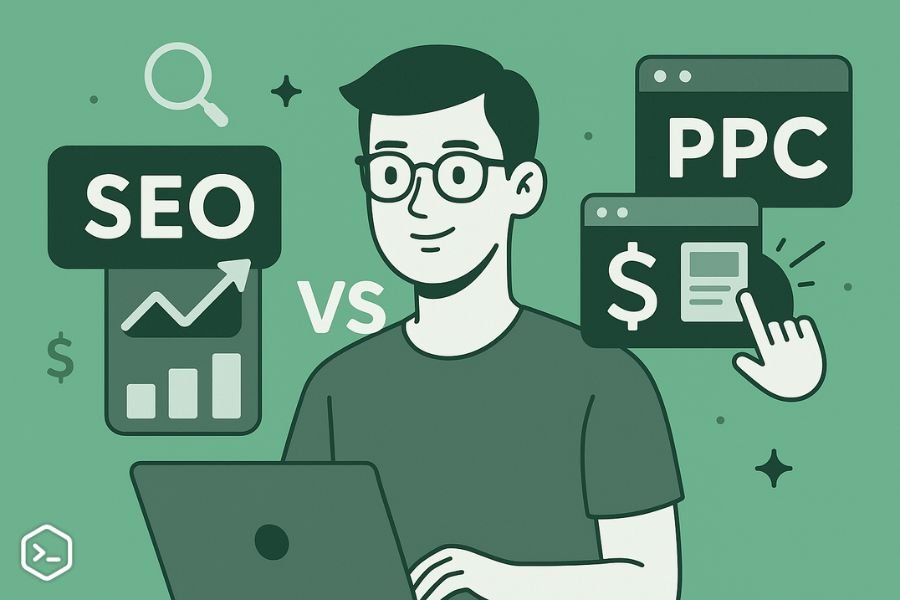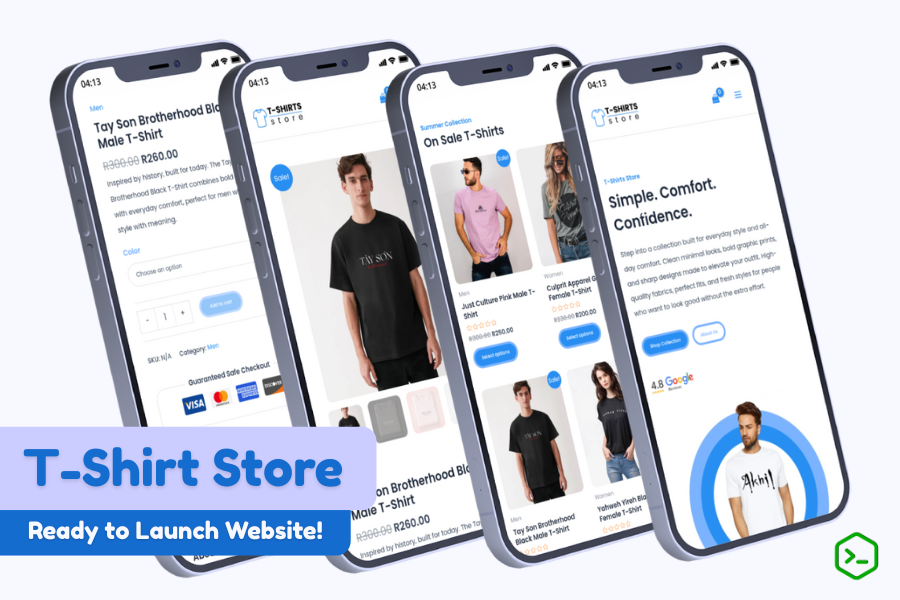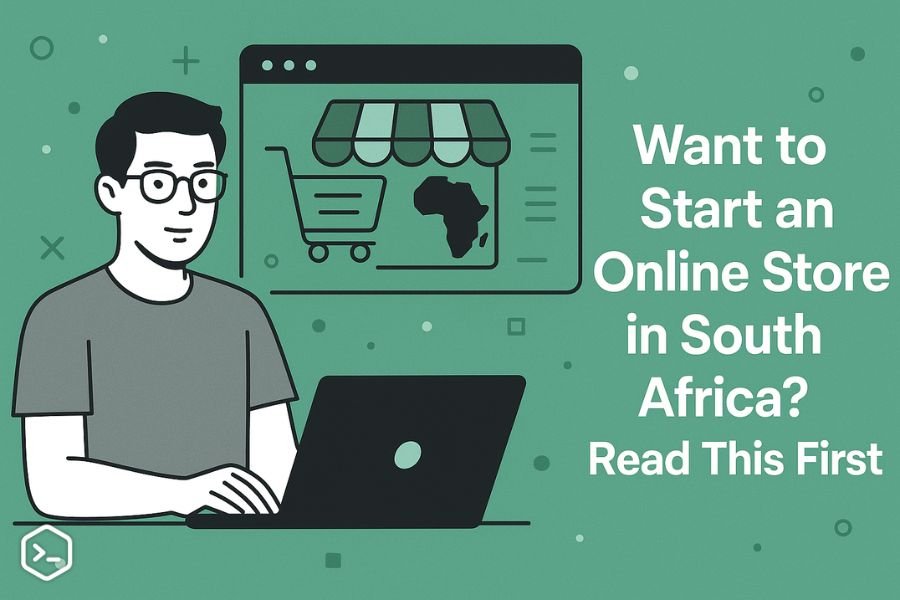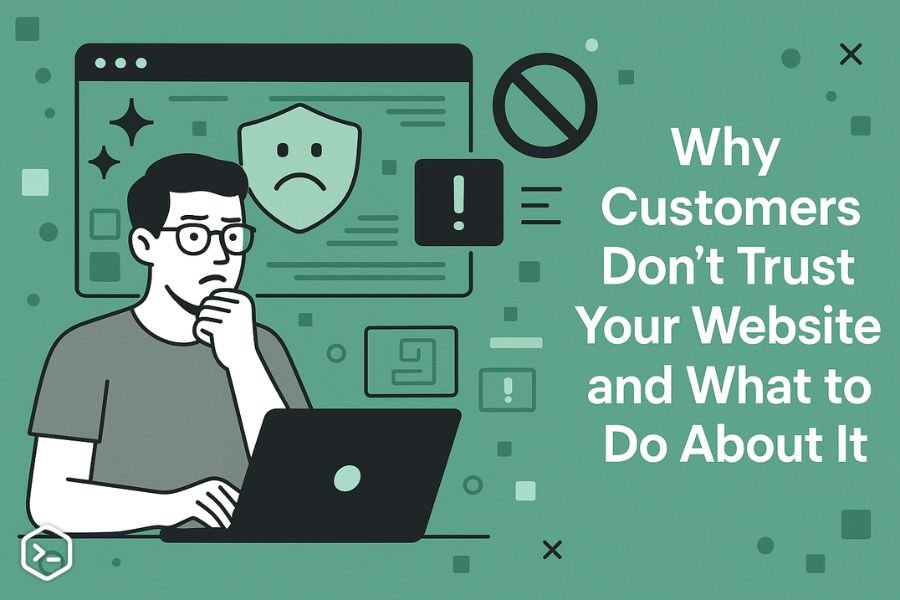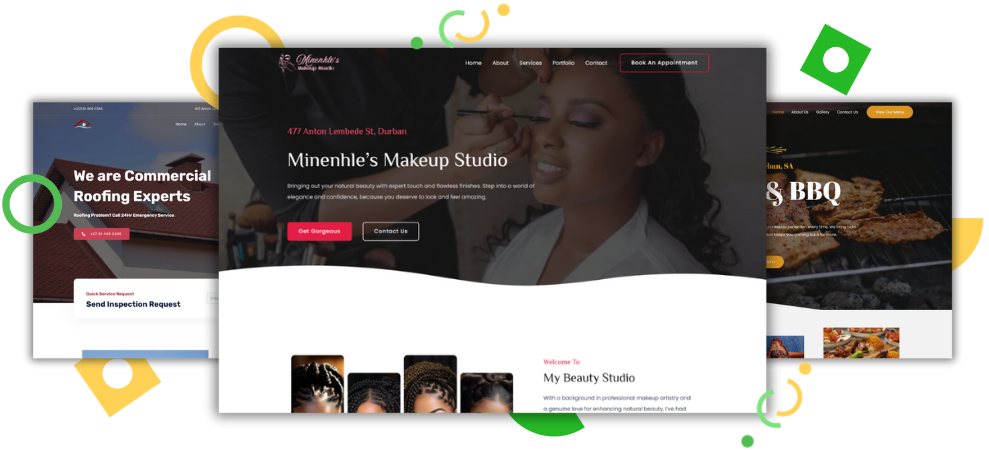When it comes to driving traffic to your website, you’ve probably heard the debate: SEO or PPC? It’s a tough decision that many business owners face. Both options can help increase your visibility, but they work in different ways. So, which one should you focus on?
In this article, we’ll dive into the pros and cons of SEO (Search Engine Optimization) and PPC (Pay-Per-Click) advertising to help you determine which is the better choice for your business.
If you’re running a business, getting noticed online is essential. But how do you drive traffic to your website? With countless strategies out there, it’s easy to feel overwhelmed. SEO and PPC are two of the most popular and effective methods, but they both have their own strengths and weaknesses.
The dilemma:
- SEO: You’re optimizing your website to rank organically in search engine results. It’s a long-term strategy that requires time, patience, and effort.
- PPC: You’re paying for immediate traffic through ads. It offers quick results but comes at a cost.
So, which is better? It depends on your goals, budget, and timeline. Let’s break it down.
1. Understanding SEO: The Long-Term Game
SEO is all about optimizing your website so that search engines like Google can find it and rank it for relevant keywords. It’s a strategy that focuses on creating high-quality, valuable content, improving technical aspects of your website, and building backlinks.
Why SEO is valuable:
- Cost-effective in the long run: Once you rank well, you can maintain your position without ongoing costs.
- Builds credibility and trust: Organic rankings are often perceived as more trustworthy than paid ads.
- Sustainable growth: SEO is a marathon, not a sprint. Over time, it drives consistent, long-term traffic to your website.
However, the downside is that SEO takes time. It can take months to see results, and you’ll need to stay on top of algorithm updates and competition.
Action Tip: Focus on creating high-quality content and optimizing your website’s user experience. Regularly publish blog posts or landing pages that answer common questions and target long-tail keywords.
2. Understanding PPC: The Fast-Track Option
PPC, on the other hand, allows you to buy traffic immediately through paid search ads. Google Ads, for example, lets you bid on keywords, and when someone clicks on your ad, you pay a fee.
Why PPC is valuable:
- Immediate results: You can start getting traffic as soon as your campaign is live.
- Highly targeted: PPC allows you to focus on specific demographics, locations, and search intents.
- Control over budget: You can set your budget and control how much you spend per click.
However, PPC can get expensive quickly, especially in competitive industries. Once you stop paying for ads, the traffic stops too.
Action Tip: Set a clear, measurable goal for your PPC campaign (like increasing conversions) and use A/B testing to optimize ad performance over time.
3. Comparing SEO and PPC: Which Should You Choose?
Both SEO and PPC have their merits, but it ultimately depends on your business’s needs and goals. Here’s a quick comparison:
| Aspect | SEO | PPC |
| Cost | Free but requires time and effort | Pay-per-click, can get expensive |
| Speed | Takes time to rank | Instant traffic |
| Sustainability | Long-term organic growth | Traffic stops when the ads stop |
| Control | Less control over rankings | Full control over ad spend and targeting |
| Trust | Higher trust with organic results | Lower trust, often ignored by users |
Action Tip: If you have the time and patience to invest in long-term growth, SEO is the way to go. If you need immediate results, PPC might be the better choice for short-term campaigns.
4. Combining SEO and PPC: The Ultimate Strategy
For many businesses, the best approach is a combination of both SEO and PPC. Here’s why:
- PPC can complement SEO efforts: Running PPC ads can help drive traffic while you’re still working on SEO. In fact, PPC ads can appear on the same keywords you’re targeting organically, helping to increase visibility and click-through rates.
- SEO helps make your PPC more effective: By improving your website’s quality and user experience through SEO, you can increase your Quality Score in Google Ads, lowering your cost-per-click and improving ad performance.
Action Tip: Start with PPC if you need immediate traffic, then build your SEO strategy alongside it to establish long-term, organic growth.
When it comes to SEO vs. PPC, there’s no one-size-fits-all answer. It all comes down to your business’s specific goals and budget. Have you tried either strategy? What’s worked best for you? Share your experience in the comments!
Remember, whether you choose SEO, PPC, or a combination of both, the goal is the same: to drive more traffic, generate leads, and ultimately grow your business.
In the battle of SEO vs. PPC, there’s no clear winner, both have their strengths and weaknesses. SEO is a long-term strategy that builds trust and generates sustainable traffic, while PPC offers quick results and targeting flexibility. Ultimately, the best choice depends on your business’s goals, timeline, and budget.
So, which one will you choose? Have you tried both SEO and PPC? Let me know in the comments and share your experiences!

